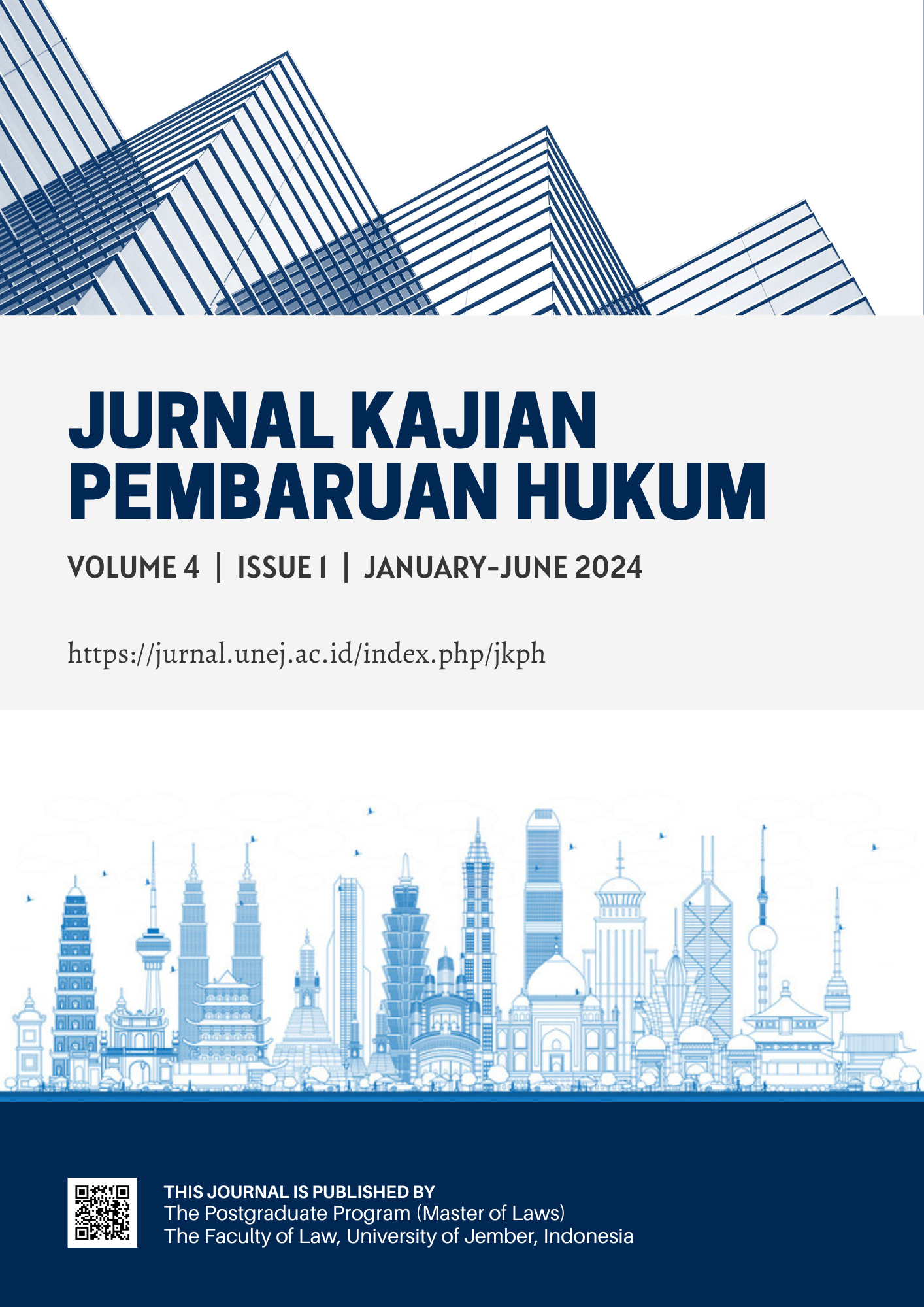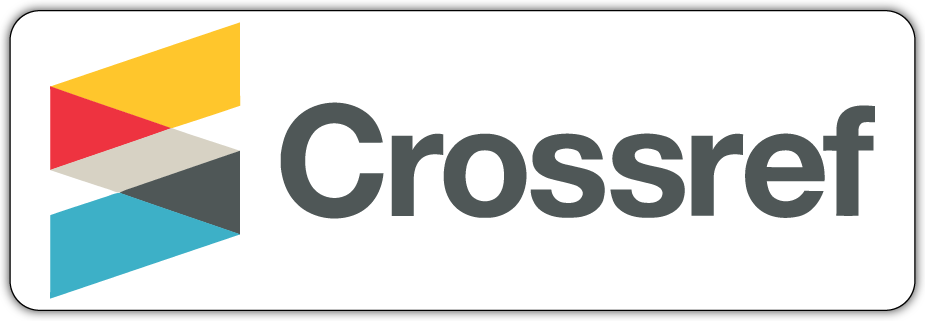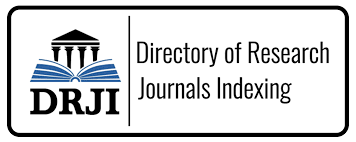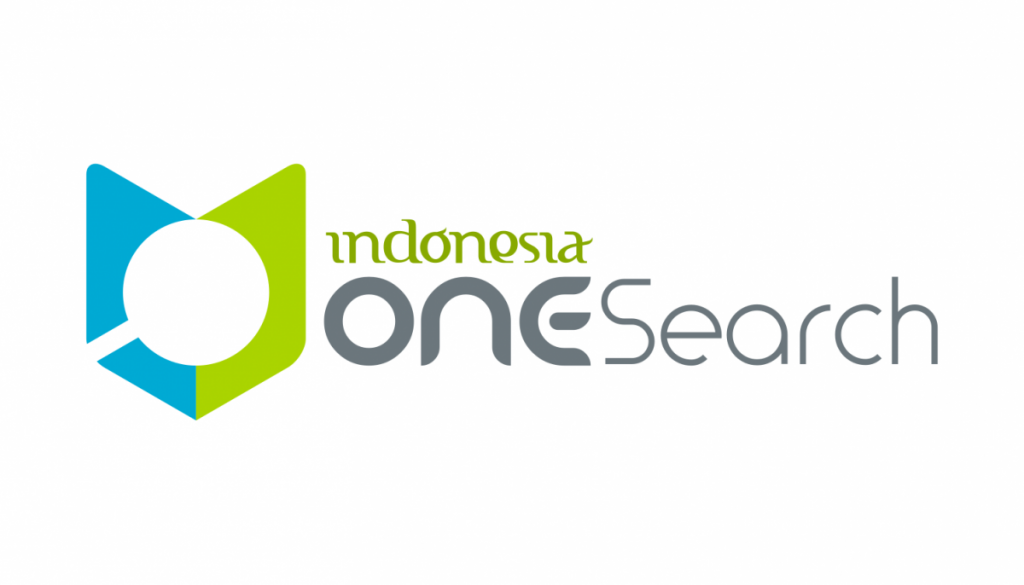Regulatory Approaches to NFT in Indonesia: Considering the Implementation of the French Droit De Suite System?
Abstract
The development of Non-Fungible Tokens (NFT) has significantly impacted global economic trade. However, in Indonesia, the regulation surrounding NFT remains insufficient, particularly concerning law enforcement and equitable royalty distribution for commercialized artistic works. This research adopts a normative juridical approach, employing statutory, comparative, and conceptual analysis methods. Findings indicate that NFT, as three-dimensional artistic creations, fall under the protection of the Copyright Act. While Indonesia has addressed NFT regulation in various laws and government regulations, detailed provisions regarding digital transactions involving three-dimensional artworks are lacking. Moreover, inadequate legal safeguards for NFT sales underscore the pressing need for legal reform. Therefore, the adoption of Droit De Suite through legal transplantation is proposed as a prudent strategy for legal modification, offering numerous normative and operational benefits. Droit De Suite is a principle born from the Berne Convention, where the requirement to apply Droit De Suite is that the state must give permission or legally recognize that the state has been regulated in its legislation. In addition, Droit De Suite is the right given to the artist or creator and his heirs to resell copyrighted works that have been produced previously, so that the creator's heirs are entitled to a share of the resale of a work. This approach holds promise for enhancing the legal framework surrounding NFTs and promoting fair treatment of artists and stakeholders in Indonesia's digital economy landscape.











